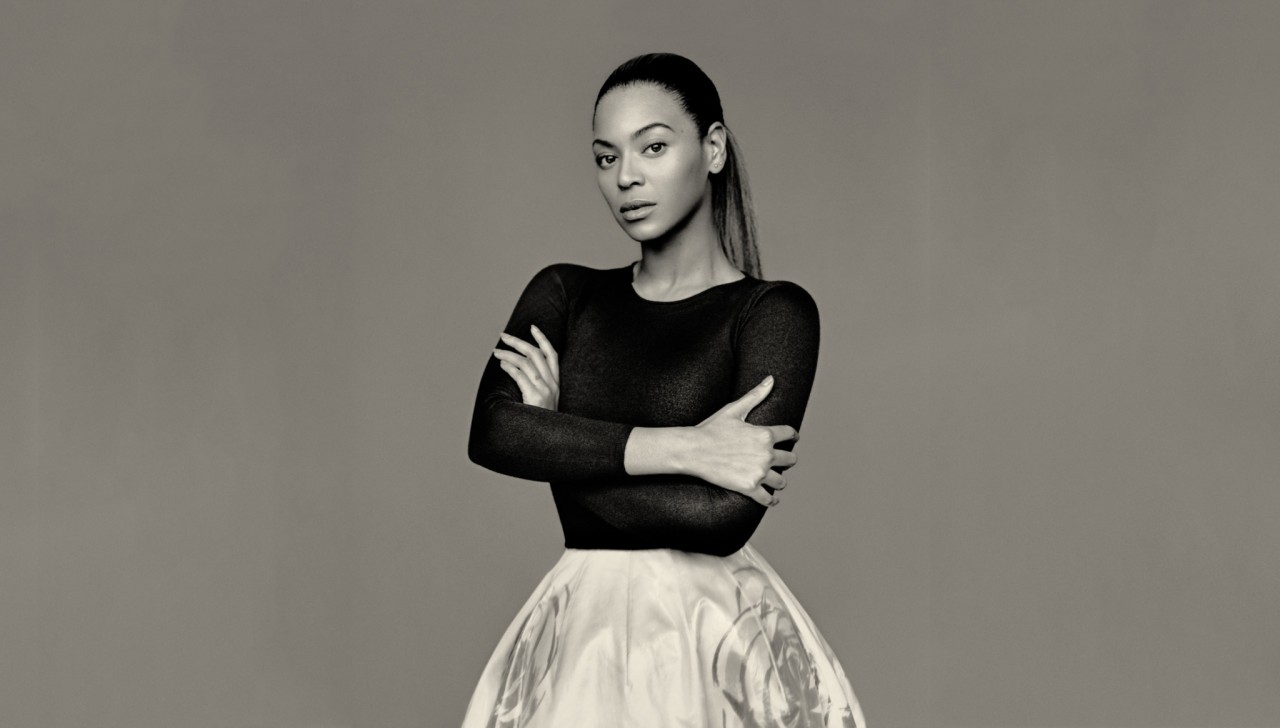The issue of ‘colourism’ is identified as discrimination against people of a darker skin tone. What differentiates this skin-colour bias from racism, is that here we are talking about prejudice within ethnic minorities.
Beyoncé’s father Mathew Knowles made headlines in Febuary for suggesting his daughter’s success was likely to have been less, had she been a dark-skinned singer. Mr Knowles, who is also the father of singer Solange, told Ebony magazine:
‘I used to date mainly White women or very high-complexion Black women that looked White… I had been conditioned from childhood.’
‘When I was growing up, my mother used to say, “Don’t ever bring no nappy-head Black girl to my house.” In the deep South in the ’50s, ’60s and ’70s, the shade of your Blackness was considered important. So I, unfortunately, grew up hearing that message.’
“When it comes to Black females, who are the people who get their music played on pop radio? Mariah Carey, Rihanna, the female rapper Nicki Minaj, my kids.”
According to Alice Walker colourism existed way before she came up with the term in the 1980s. It featured in her award winning book The Colour Purple, published in 1982.
Marta Pezzino asked UEL students Chillel and Melissa for their views and personal experiences of colourism. Click on the audio below to hear what they had to say.
“beyonce_intro_full” by ct34rfg is licensed under CC BY




